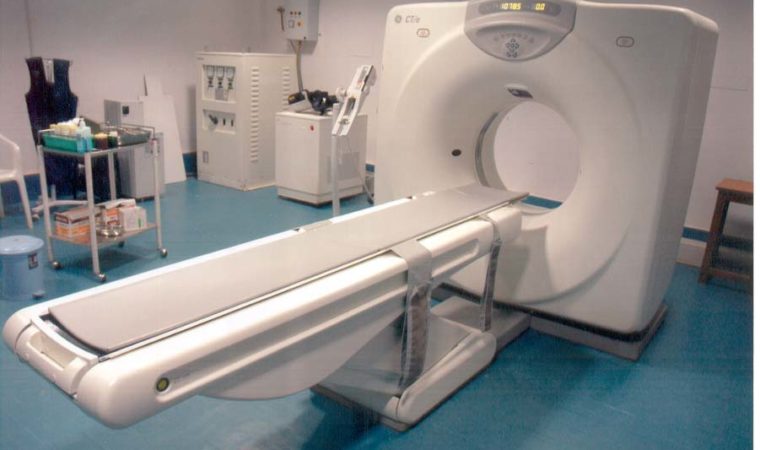Once you hit a certain age, it may seem like every person you know is being diagnosed with an illness. You hear the news of one friend’s illness and wonder who is going to be next. You may even begin to think you are imagining things. Surely there can’t be that much wrong in your circle of friends. The good news is that you aren’t imagining things. The bad news is that over diagnosis is on the rise.
While the majority of doctors and other medical professionals perform their duties with diligence, others are quick to diagnose patients with illnesses that may never cause problems. Here are the five most overdiagnosed illnesses today:
1. Chronic Kidney Disease
About a decade ago, only 1 in 58 people were diagnosed with chronic kidney disease. Today, that number has risen to 1 in 8. People past the age of 70 are being diagnosed with the disease at a rate of 50%. Interestingly enough, the rate kidney failure has not increased with these numbers.
2. Low “T”
Low testosterone. It’s a condition that concerns many American men. Both men and women have reduced hormone production as they age. It can lead to irritability, sleeplessness, and a lowered desire for intimacy. The problem is that the testosterone increasing drugs that are on the market may lead to greater health concerns. Many men, in fact, stop drug therapy due to the side effects of the medications.
3. Pre-dementia
Being diagnosed with cognitive impairment or pre-dementia is scary, and that is putting it mildly. According to some doctors, diagnosing people with pre-dementia may be unnecessary. Many with mild cognitive impairments never go on to develop Alzheimer’s. There are no drugs on today’s market that stave off the progression of Alzheimer’s onset, and telling people that they are facing it may not be correct. Mild cognitive impairment as we age is normal.
4. Cancers
When it comes to being told you have a disease, the last thing you want to hear is “cancer.” Many slow-growing cancers, like certain types of thyroid, prostate and breast cancers may never turn lethal. Rather than jumping into chemo or radiation right away, some patients and their medical teams are opting for a wait and see approach, also known as active surveillance.
5. Testing Recommendations
If your doctor orders a test that doesn’t seem to make sense, you have every right to question it. If you have a headache and your doctor recommends an MRI or a CT scan, ask for a reason. If you are at low risk for osteoporosis and your doctor recommends a bone-density scan, get more information. A fear of missed diagnoses is pushing some doctors to order tests at a higher rate than ever before.
Your health is in your hands. Do not let an overzealous medical professional diagnose a disease that isn’t there or will never cause you problems. If you believe that this has happened to you, you may have grounds for a medical malpractice case. Call our team of medical malpractice attorneys today and let us review the details of your case at no cost to you. We are here to help you get any compensation that you may be entitled to by law. Call now.


